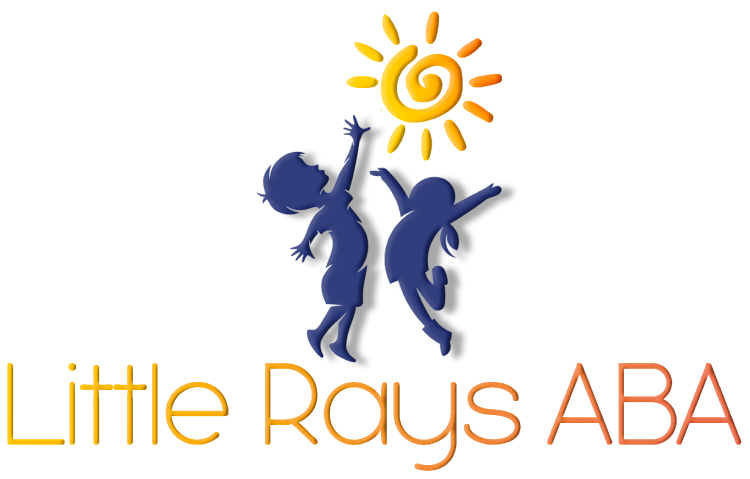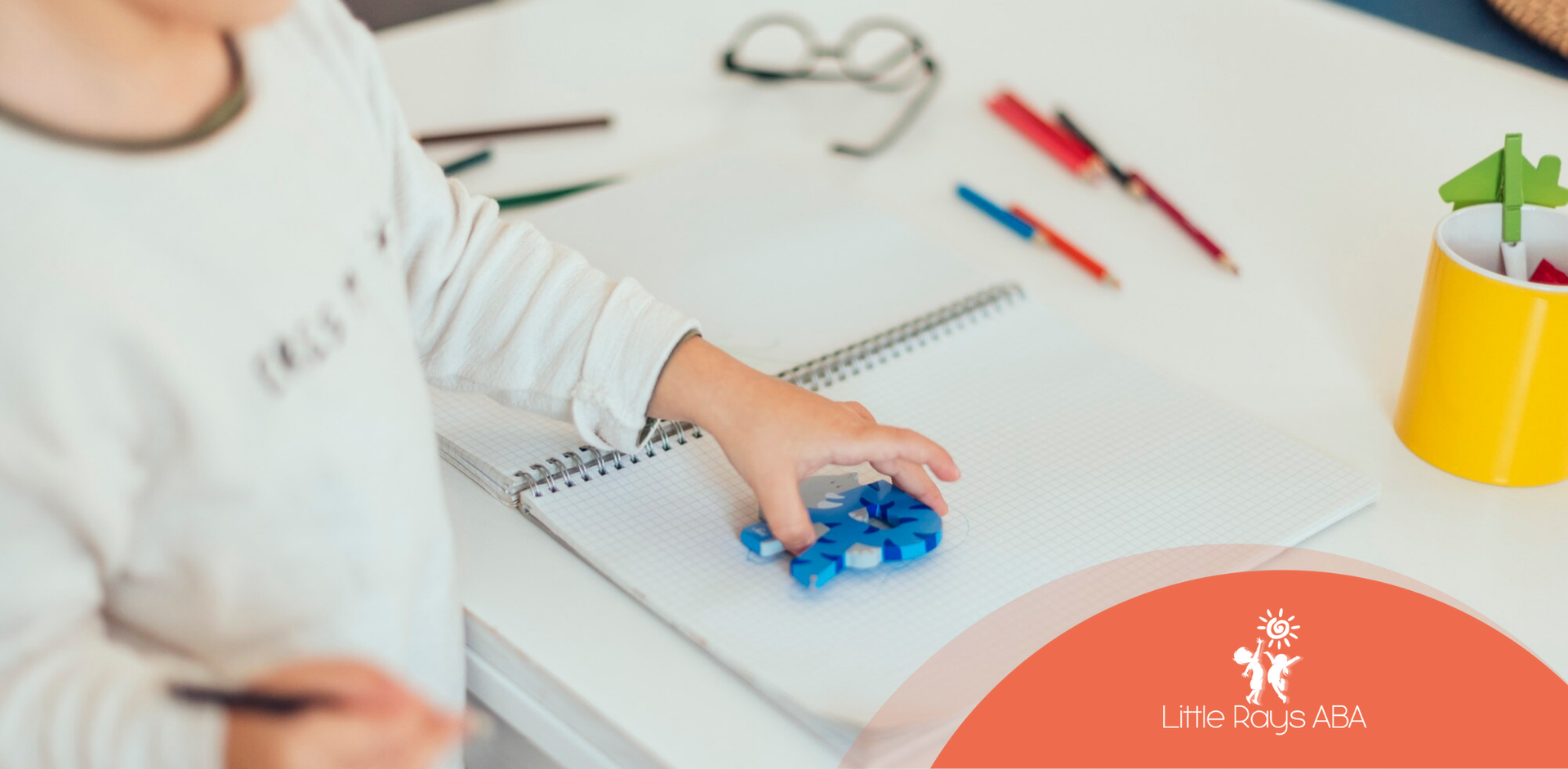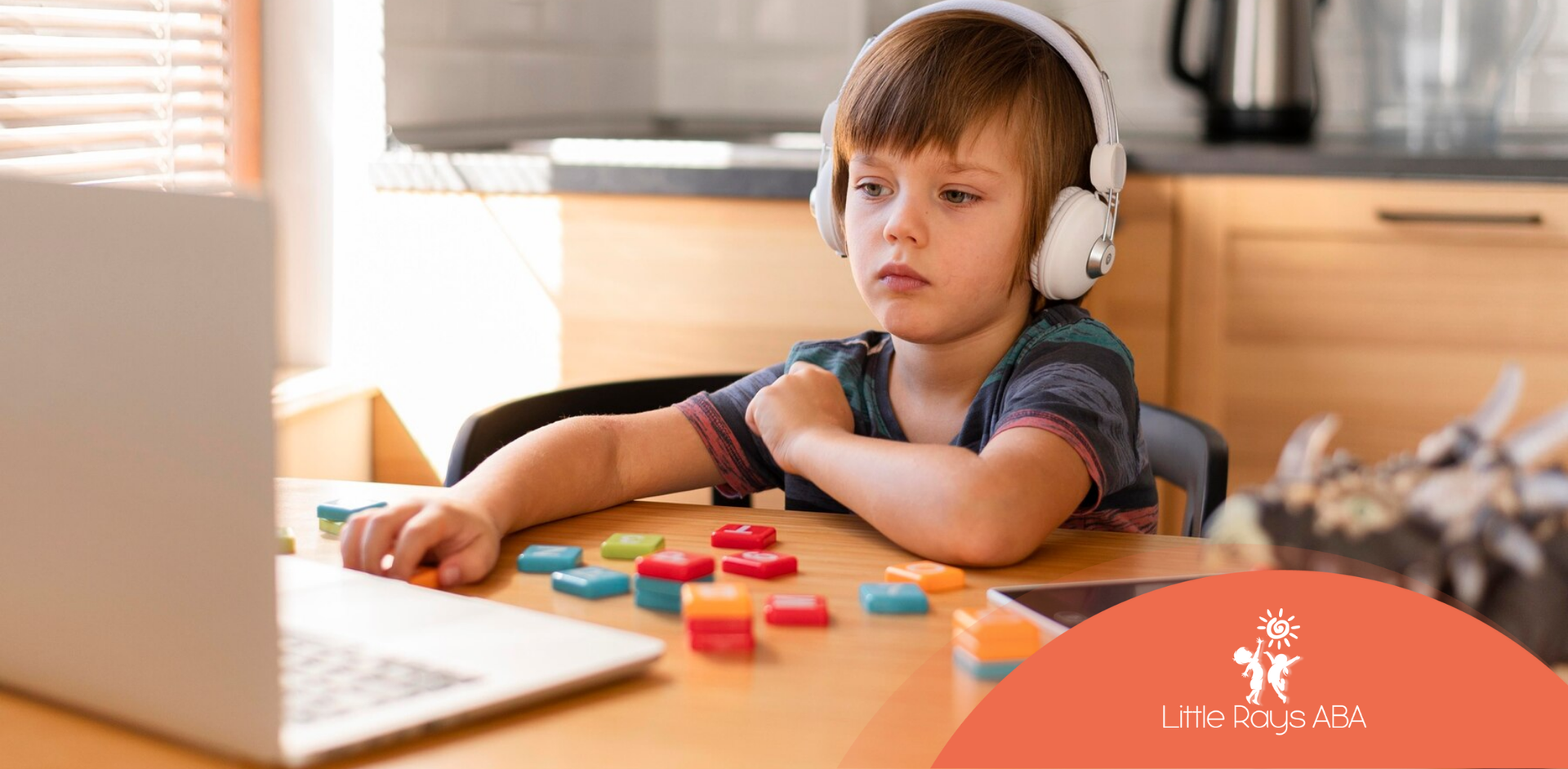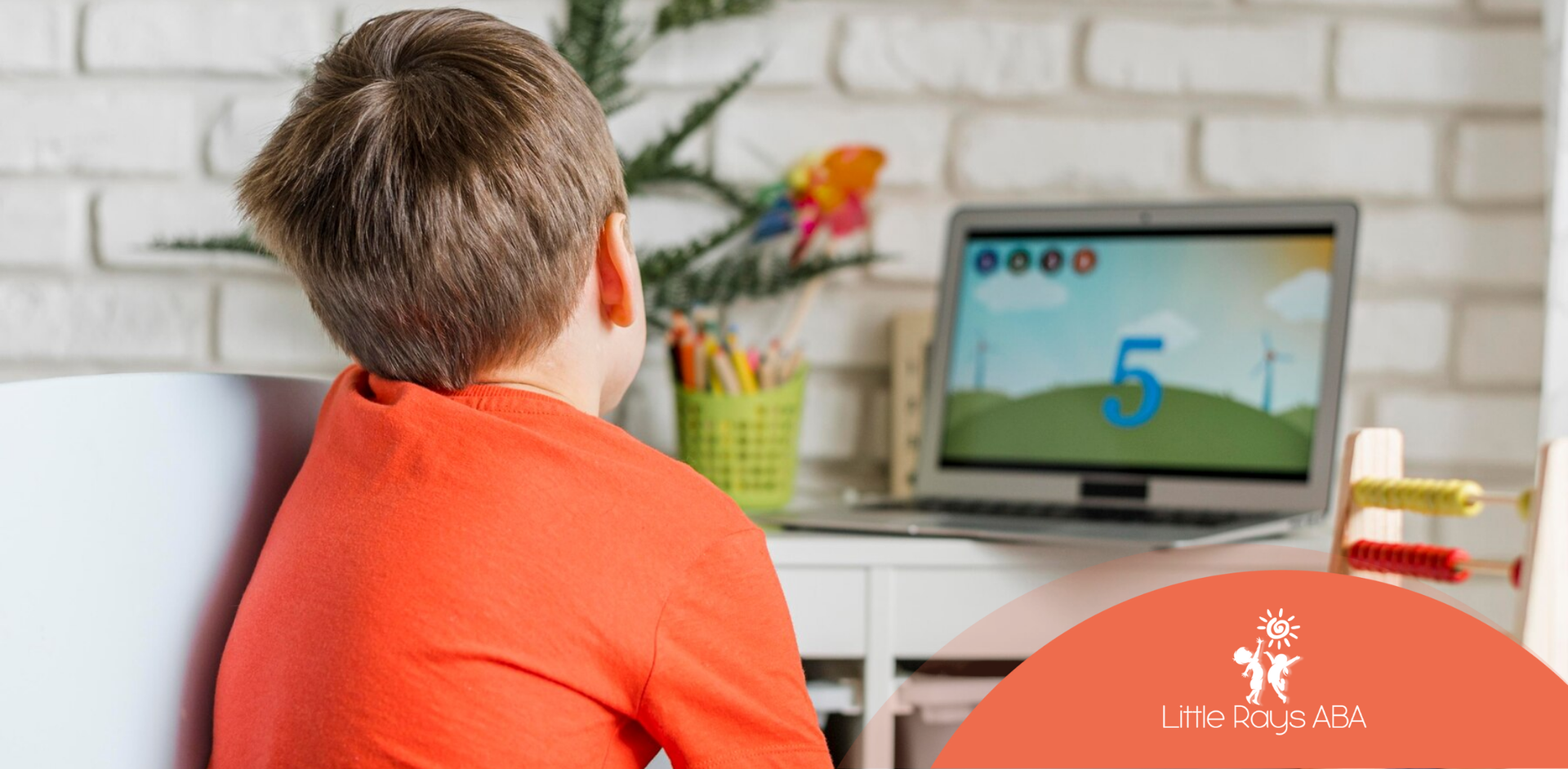Understanding RBT Certification
RBT Certification Overview
Picture this: you're considering a career that makes a real difference. Look no further than becoming a Registered Behavior Technician (RBT). It's a robust role certified by the Behavior Analyst Certification Board (BACB), where you get to work your magic in providing behavioral health services under some top-notch supervision. RBTs are the hands-on heroes when it comes to Applied Behavior Analysis (ABA) therapy, especially for helping individuals with autism. They roll up their sleeves and get to work with clients, implementing the plans designed by the Board Certified Behavior Analyst (BCBA) or the Board Certified Assistant Behavior Analyst (BCaBA).
Requirements for RBT Certification
So, you're thinking RBT might be your calling? Here's the lowdown on what's needed to get certified:
Educational Background:
- A high school diploma or something equivalent is your starting point.
- Some places might give bonus points if you've got an associate's or bachelor's degree in fields like psychology, education, or behavioral health. It might just boost your street cred.
Training:
- You'll dive into a 40-hour training program that ticks all the BACB boxes. This training covers the must-knows like ethics, teaching tricks, and ways to reduce unwanted behaviors.
Competency Assessment:
- Next up is completing a competency assessment. Your BCBA or BCaBA supervisor will put your skills to the test, ensuring you've got what it takes to put the RBT task list into action on the job.
Exam:
- Last but not least, it's exam time! Apply, nail the RBT Exam that BACB hands out, and you'll prove you know your ABA stuff.
| Requirement | Detail |
|---|---|
| Minimum Education | High school diploma (same as a GED, basically) |
| Training Hours | 40 hours, not a minute less |
| Competency Assessment | Conducted by BCBA or BCaBA, who else? |
| Exam | Ace the RBT Exam to seal the deal |
The whole shebang of getting certified can be wrapped up in about five weeks, making this one of the slicker career pathways for those itching to jump into action. Oh, and keep your paperwork in order—RBTs need to hold on to professional liability insurance and keep up with ongoing requirements to ensure their certification’s always in top shape.
Training Programs for RBTs
Training gigs for Registered Behavior Technicians (RBTs) are meant to hand you the ABCs and hands-on know-how you need to put behavior intervention plans into motion. If you're eyeing a career in Applied Behavior Analysis (ABA) therapy, these programs are where it’s at.
Curriculum of RBT Training Programs
RBT training is like a good stew. It's got a mix of classroom time, real-world practice, and learning on the job. Here’s a taste of what you’ll chew on:
| Topic | What's It About? |
|---|---|
| Principles of Behavior | Getting the scoop on how behavior analysis ticks. |
| Reinforcement and Punishment | Mastering the art of these behavior tweaks. |
| Extinction | Cutting out those pesky unwanted behaviors. |
| Functional Behavior Assessments | Figuring out what's behind certain behaviors. |
| Individualized Intervention Plans | Crafting interventions that hit the mark. |
| Data Collection and Analysis | Keeping tabs on and dissecting behavior data. |
The blend of book smarts and street smarts means RBTs are ready to roll with real-life situations, all under the watchful eye of a genius Board Certified Behavior Analyst (BCBA).
Disparities in RBT Training Success Rates
A deep dive into over 50 RBT training gigs in the USA tossed up some eye-popping facts on success stories. They took a hard look at graduation rates, exam-passing stats, and snagging jobs after training to see what really makes the magic happen.
| Training Program | Graduation Rate (%) | Exam Pass Rate (%) | Job Landing Rate (%) |
|---|---|---|---|
| Program A | 90 | 85 | 80 |
| Program B | 75 | 70 | 65 |
| Program C | 60 | 55 | 50 |
What got linked up with more success in the training programs?
- Solid as a rock curriculum
- Instructors with street cred
- Hands-on experience
- Support services that have your back
Not everything’s rosy, though. RBT training faces its own monsters. No set standards across the board means sometimes the teaching quality and on-the-ground training don’t measure up. There's also the challenge of high dropout rates and doors slammed shut due to access issues for those buzzing to get in.
Getting a handle on these bumps in the training road and doing something about 'em can power up RBT training programs, giving up-and-comers a better shot at owning the field.
Role of a Registered Behavior Technician
A Registered Behavior Technician (RBT) is a real game changer in the Applied Behavior Analysis (ABA) therapy scene. These folks roll up their sleeves and dive headfirst into supporting individuals who need a bit of a leg up, nurturing skills that make life a little brighter for everyone involved.
Responsibilities of an RBT
Your friendly neighborhood RBT wears several hats, playing a vital role in how ABA therapy pans out. Here's the rundown on what they get up to:
- Implementing Behavior Intervention Plans: RBTs follow instructions laid out by Board Certified Behavior Analysts (BCBAs) to tackle specific tricky behaviors and skills that need sprucing up.
- Data Collection and Documentation: These folks are your data gurus, jotting down progress, behavior shifts, and skill breakthroughs. This info is the backbone for checking how well changes are sticking.
- Providing Direct Support: RBTs get up close and personal, often working with individuals with autism spectrum disorder (ASD), coaching them on social basics, communication skills, and the art of those everyday tasks.
- Maintaining Ethical Standards: RBTs are sticklers for rules, following ethical playbooks to a tee to make sure their work respects and uplifts those they're helping.
Impact of RBTs in ABA Therapy
RBTs aren't just footnotes in the therapy world; they are catalysts, especially for folks with ASD. Their influence ripples out in myriad ways:
- Skill Development: By sticking to behavior plans like glue, RBTs help individuals polish skills like talking, playing nice with others, and handling daily tasks—which means more independence and a happier daily grind.
- Behavioral Improvement: When RBTs jump in with targeted interventions, they help dial down unwanted behaviors and encourage positive ones, helping folks become more at ease with emotional and situational responses.
- Data-Driven Decisions: The data they stash away is pure gold, informing BCBAs on what to tweak for treatment to get the best results.
RBTs are the unsung heroes in ABA therapy circles, molding lives for the better by nurturing personal growth and encouraging positive behaviors, helping individuals gear up for a more enjoyable life journey.
Advancing as an RBT
Career Growth Opportunities
Kicking off your journey as a Registered Behavior Technician (RBT) sets the stage for a rewarding adventure in Applied Behavior Analysis (ABA). If you've ever thought about what an RBT is and the paths for progression, well, there's plenty to explore. RBTs can step up to leadership roles or shoot for the stars by becoming a Board Certified Behavior Analyst (BCBA).
Ongoing Training and Development
In the RBT world, keeping your skills sharp is key. Hopebridge hands you a bunch of ways to level up, with specific programs to polish your skills and boost your career. Here’s what's on the menu:
- RBT Leveling Program: This one's all about skill-jumping and maybe seeing a bump in your paycheck.
- Hopebridge Fellowship Program: Dive into learning experiences that crank up professional growth and learning.
- Leadership Education and Development (LEAD) Program: Gear up for leadership spots by mastering essential skills.
- Next Step Academy: Dive into advanced training, setting the stage for more responsibility.
These programs are designed to ensure RBTs are not just going through the motions but actively climbing the career ladder through paths filled with support and learning. For those just stepping in or veterans in the field, the road ahead is lively and lined with opportunities for growth.
By grabbing onto these career chances and training programs, RBTs can keep sharpening their expertise, boosting their careers to new heights, and soaking in professional success.
Conclusion
Becoming an RBT is a rewarding path that allows professionals to make a real impact in autism treatment therapy. With the right training, RBTs play a crucial role in helping individuals develop essential life skills through structured interventions. If you're looking for high-quality therapy services, explore local providers today and discover how ABA therapy can support meaningful progress.
Little Rays ABA is more than just a provider—it’s a place where aspiring RBTs gain hands-on experience and expert guidance to excel in the field of ABA therapy. Their dedicated team offers comprehensive training and real-world opportunities to help professionals grow while making a meaningful impact. If you're ready to take the first step toward becoming an RBT, connect with Little Rays ABA today and start your journey with the best in Florida.
Frequently Asked Questions
What is an RBT?
An RBT (Registered Behavior Technician) is a certified professional who works under the supervision of a BCBA (Board Certified Behavior Analyst) to implement ABA therapy programs for individuals with autism and other developmental disorders.
What are the requirements to become an RBT?
To become an RBT, you must complete a 40-hour training program, pass a competency assessment conducted by a BCBA, and successfully pass the RBT exam administered by the Behavior Analyst Certification Board (BACB).
How long does it take to become an RBT?
The process typically takes a few months, depending on how quickly you complete the training, competency assessment, and scheduling for the certification exam.
Unlock Your Child's Potential with Expert ABA Therapy!
At Little Rays ABA, we provide compassionate, evidence-based ABA therapy to help children with autism thrive. Our personalized approach fosters growth in communication, social skills, and independence.
Get In Touch With Us Today to Get Started With ABA Therapy!
Related Posts
MENU
GET IN TOUCH
7117 San Salvador Dr Boca Raton, FL 33433
3200 Collins Ave Miami Beach, FL 33140





